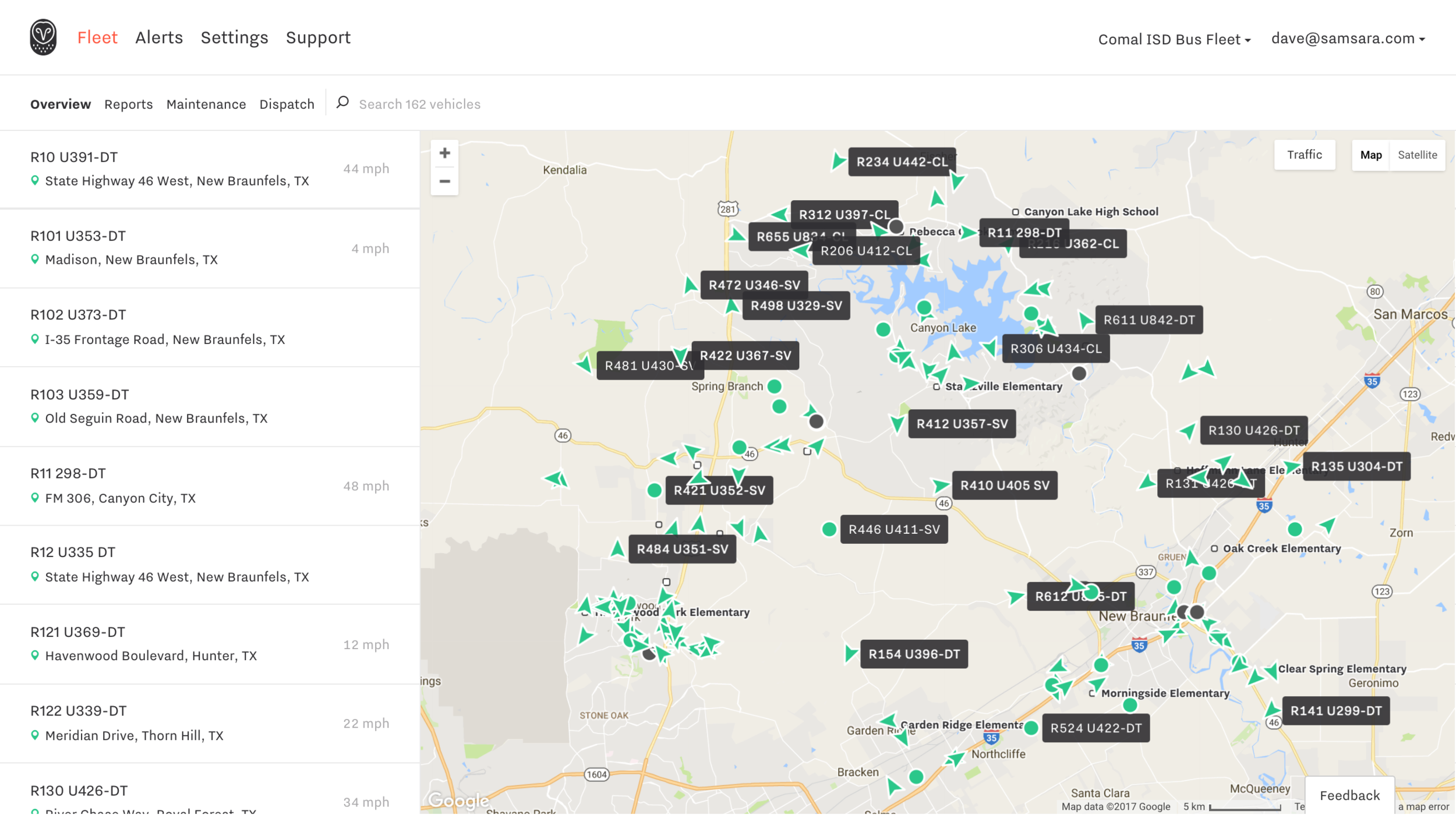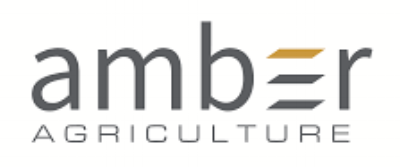Duetto
/Overview
Duetto is a SaaS startup focused on providing cloud based software tools for the hospitality industry (including hotels and casinos). Their two main product lines are a cloud pricing engine to optimize the price of a hotel room on a real time basis, and a revenue forecasting and data visualization tool.
Duetto currently has more than 2,000 locations using their software on 6 continents. They have over 100 employees across 7 offices with their headquarters in San Francisco.
Why I like Them
They are attacking an underserved market with a huge TAM, an unconsolidated customer base, and minimal competition. Even large hotel chains are several decades behind on automation as the industry is extremely slow in understanding and adopting new technologies. A shocking number of hotel operators still use Excel spreadsheets for pricing, meaning the bar is extremely low to prove the worth of Duetto's products.
I am continuously fascinated by pricing optimization software, especially as companies like Duetto use more powerful AI for their predictive models. It is an amazing value for any business to be able to increase their revenue and margins while offering the exact same product, whether it be airline seats or hotel rooms. Once a hotel or casino starts using the product it is extremely sticky and something they quickly come to rely upon. Duetto confirmed this stating they have "ridiculously low" churn.
Adding to this advantage is a unique moat in terms of the software interfaces Duetto has to build out for installations. Many hotel and casino operators rely on legacy software with no open APIs. Duetto spends a large amount of resources building proprietary interfaces with these on premise systems. This forms a strong moat for Duetto as competitors have a hard time plugging into the customers other software systems.
Duetto has an extremely bright future ahead and I look forward to watching them accelerate into hyper growth mode.
Disclosure: I have spoken to members of the executive team.















